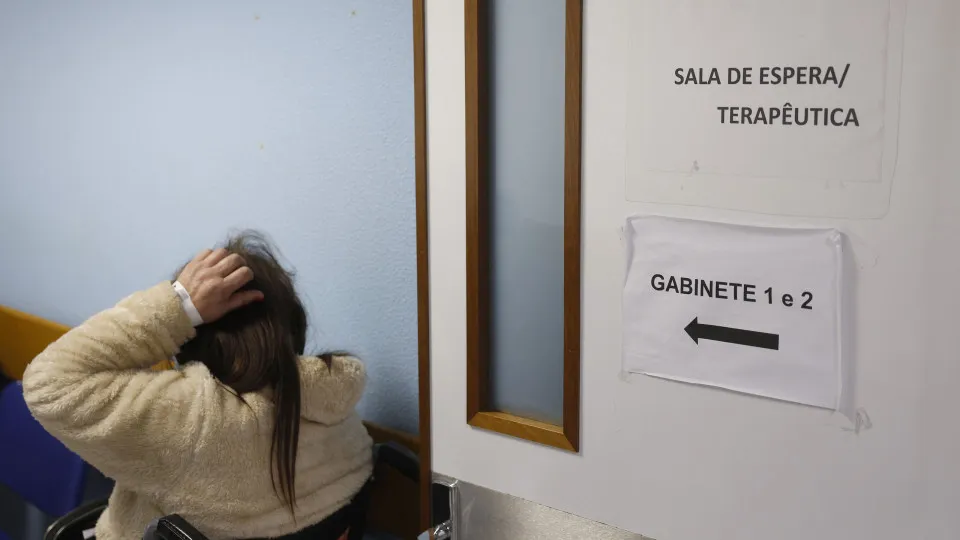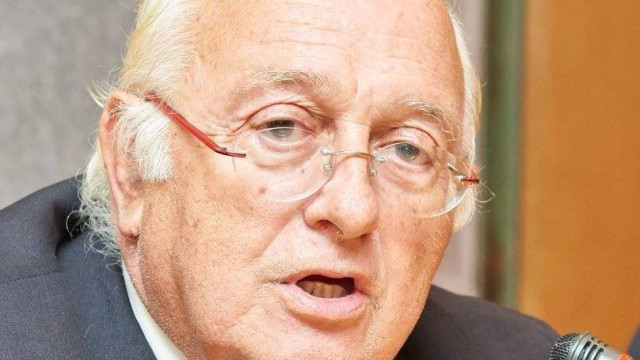
The Entidade Reguladora da Saúde (ERS) has released a study on the access to emergency services within the Serviço Nacional de Saúde (SNS). The report shows that between 2022 and the first half of 2024, there were 15,952,048 admissions, indicating a “relatively stable” usage across the five semesters analyzed.
The regulator highlights that, when considering the ratio of emergency episodes per 100 inhabitants, the figures in mainland Portugal are significantly higher than the OECD average, which includes 38 member countries.
In 2023, Portugal reported a ratio of 64 per 100 inhabitants, compared to the OECD’s 26.6. The data identifies the Alentejo and Algarve regions as having ratios above the national average.
The study also notes that in 2022, 71.8% of admissions were initiated by the patient (self-referral), decreasing to 69.9% in 2023 and 64.4% in the first half of 2024. Concurrently, there was an increase in the proportion of episodes referred by the Linha SNS 24, reaching 11.4% in 2024, compared to a previous maximum of 6.5% in earlier semesters.
This change may be linked to the implementation of the `Ligue antes, Salve Vidas´ program, which established prior referral as the norm for emergency admissions, the ERS states.
Nearly half of the self-referred episodes (49.9%) were classified as `less urgent´ or `non-urgent´, a number close to that observed in referrals by the Linha SNS 24 (46.2%).
The triage analysis in emergency services revealed that the majority of admissions were categorized as “urgent” (44.7% in 2022 and 46.4% in 2023) and “less urgent” (40.8% in 2022 and 38.6% in 2023), together representing around 85% of the total. “Emergent” and “very urgent” situations remained stable at about 11%.
The compliance rates with target timeframes for the Manchester triage system were consistently lower for higher priority cases, reaching 44.4% for “very urgent” and 66.5% for “urgent” cases in 2023.
The regulator also identified a high hospitalization rate for episodes triaged with a white designation, amounting to 18.1% in polyvalent emergency services, suggesting frequent use of emergency services for hospital admission rather than for their intended assistance purpose.
The white wristband was introduced in Portugal, which does not indicate clinical priority but aims to identify and monitor inappropriate use of emergency services.
According to the study, in 2024, 95.4% of mainland Portugal’s population lived within a 60-minute range of an emergency service providing general and pediatric care, while obstetric and gynecological emergency services covered 93.9% of the population.
The regulator also reports that in 2022, charges were improperly applied in 16,995 emergency cases referred by Linha SNS 24, a figure that decreased to 11,912 in 2023.
In the first half of 2024, improper fees were applied in 9,823 emergency visits, a total higher than recorded in the first halves of 2022 and 2023.
During the period under review, the ERS received 56,013 complaints about emergency services, primarily concerning wait times, patient care, safety, and the humanization of services provided.
As of the end of June 2024, the SNS had a network of 89 emergency services with various differentiation levels — basic, medical-surgical, and polyvalent.




